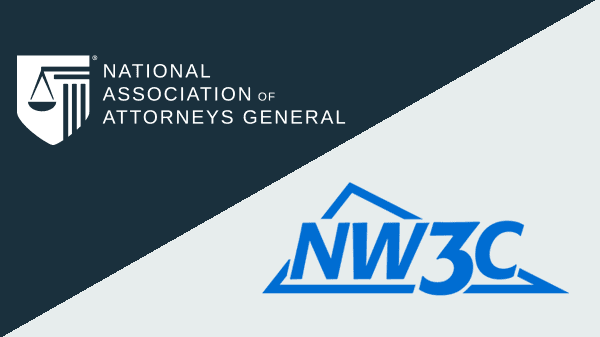-
 Program Counsel, NAGTRI Center for Ethics and Public IntegrityCoeditor, The Anticorruption Manual
Program Counsel, NAGTRI Center for Ethics and Public IntegrityCoeditor, The Anticorruption Manual
This article is part of a series about The Anticorruption Manual: A Guide for State Prosecutors. The other articles in the series are:
- The Anticorruption Manual: Helping State Corruption Prosecutors Fill the Role the U.S. Supreme Court Expects Them to Play
- Section I: Species of Corruption
- Section II: Investigating Corruption Cases
- Section IV: The Corruption Trial and Common Defenses
- Section V: Ethical & Strategic Considerations in Corruption Cases
- Section VI: Civil & Administrative Enforcement, Asset Forfeiture, & Collateral Consequences of Corruption
In the third section of the Manual, “Criminal Corruption Statutes,” each chapter outlines and analyzes the different types of statutes frequently used to prosecute public corruption. The section discusses the following statutes: bribery and other illegal influence, the misuse of public office and public money, transparency and disclosure requirements, and conflicts of interest. In each chapter, the analogous federal criminal laws are discussed, but the primary focus is the relevant state and territory statutes.
Chapter 3.1: Bribery & Illegal Influence Crimes
Bribery, illegal gratuities, kickbacks, and extortion are crimes that involve someone using money to influence a public official in his or her official capacity, often with respect to a specific act. A public official, trusted to act for the benefit of the public, commits a crime if he or she is influenced in this way. Federal laws address these illegal influence crimes and are often used by federal authorities to prosecute all types of federal, state, and local officials. State and territory laws also criminalize the same conduct, sometimes with variations on how the elements of the crime are described. This chapter analyzes and describes the similarities and variations across the laws and punishments for committing these influence crimes.
Chapter 3.2: Misuse of Public Office & Public Money
The second chapter in this section summarizes laws that criminalize a public servant’s misconduct in office or mishandling of public funds, regardless of any outside influence. State and local prosecutors can use official misconduct statutes to prosecute public officials whose conduct is unlawful, but may not violate any other, more specific statute. This chapter catalogues and explains the official misconduct statute for each state and territory. It also explains that both federal and state statutes may be used to prosecute the mishandling of public money.
Chapter 3.3: Political Transparency & Disclosure
The third chapter in this section focuses on criminal violations of campaign finance and lobbying laws. The chapter describes First Amendment considerations that apply to these aspects of the political process. It describes typical campaign finance violations—such as the use of a straw donor or reimbursement scheme—that state authorities may prosecute. It also describes lobbying requirements that may be used for criminal prosecution.
Chapter 3.4: Criminal Conflicts of Interest
States and territories all have laws to prevent a public official from putting his or her personal interest before the public interest. Using the federal conflict of interest statutes as a frame, this chapter examines the analogous state and territory statutes that would apply to specific types of criminal conflicts of interest. These include taking official action that affects a personal financial interest, hiring or supervising a personal relative, a public servant representing a private interest in a matter before government, a public servant receiving money from private parties, and a public servant leaving the government and working for a private interest after public employment.
After finishing Section Three of The Anticorruption Manual, readers should understand:
- State and territory statutes that are available for prosecuting corruption at all levels of government.
- How state and territory statutes compare to each other and to federal statutes that might cover the same or similar conduct.
- The penalties that would apply to violations of state and territory corruption laws.
The next article in this series will discuss issues that arise during a corruption trial, common defenses offered in corruption cases, and how to respond to those defenses.




